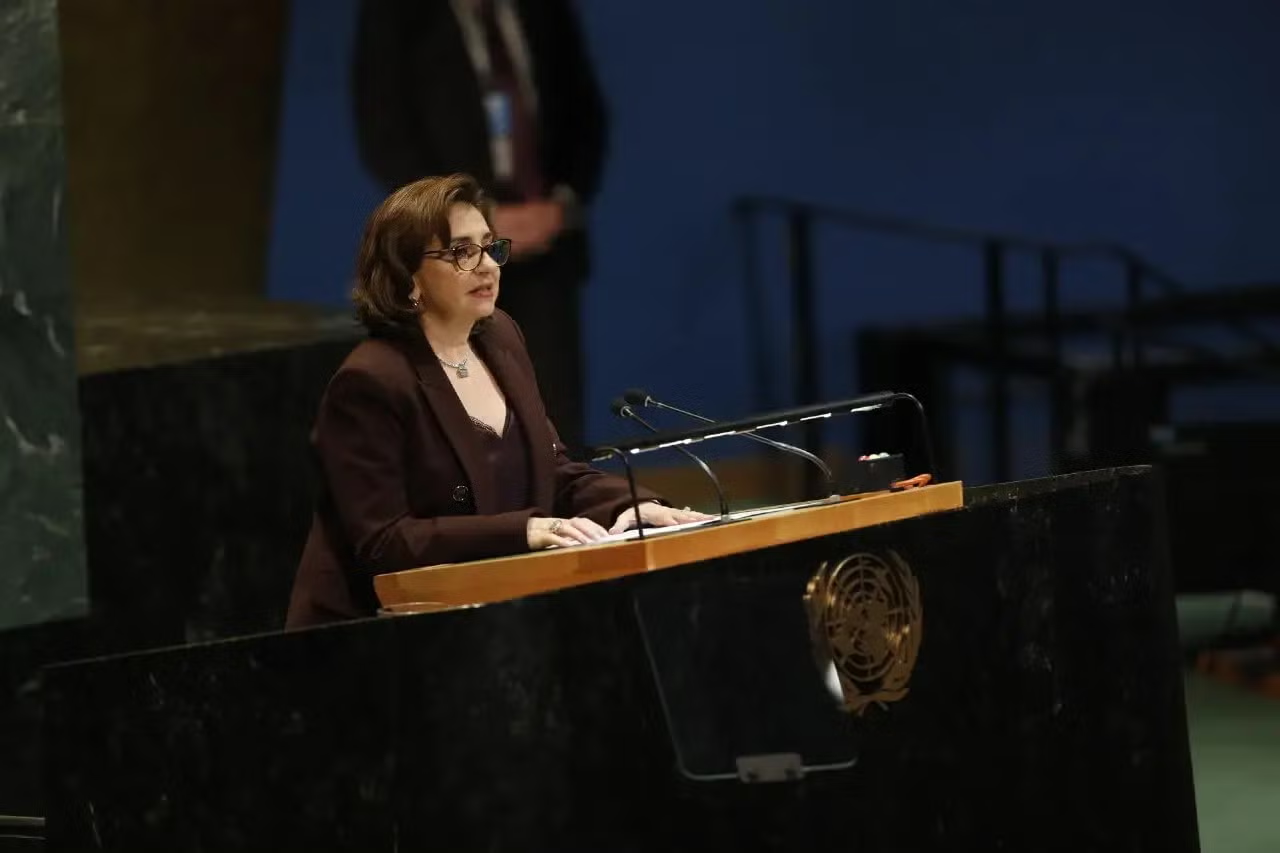On the thirtieth anniversary of the World Conference on Women in Beijing, the Executive Director of UN Women warned that gender equality in many parts of the world is regressing.

Sima Bahous, UN Deputy Secretary-General and Executive Director of UN Women, said on Monday (September 22) at the high-level meeting of the UN General Assembly: “From Afghanistan to Sudan, Gaza, Ukraine, and Yemen, women and girls are paying the highest price of crises and are trapped in conditions of hunger, violence, and indescribable crises.”
She added that by 2030, 351 million women and girls will still be living in extreme poverty and currently 676 million of them are living in conflict zones.
Bahous emphasized that the year 2025 must be a turning point for changing the course. She said: “The Beijing Declaration and Platform for Action remain the most comprehensive global roadmap for women’s rights, but the speed and scope of progress have not been sufficient and in some countries achievements are being lost.”
These remarks come as Afghanistan has become the most visible symbol of gender regression. Since 2021, the Taliban have issued more than 70 decrees depriving women and girls of education, work, and basic freedoms such as free movement. More than 1.1 million girls have been deprived of education and women’s unemployment has reached around 80 percent. The 2025 UN report described this situation as “the most severe women’s rights crisis in the world.”
The Fourth World Conference on Women was held in September 1995 in Beijing and led to the adoption of the “Beijing Declaration and Platform for Action,” a comprehensive document in 12 critical areas including poverty, education, health, political participation, and environment. This document is recognized as the global roadmap for gender equality and was signed by 189 countries.



